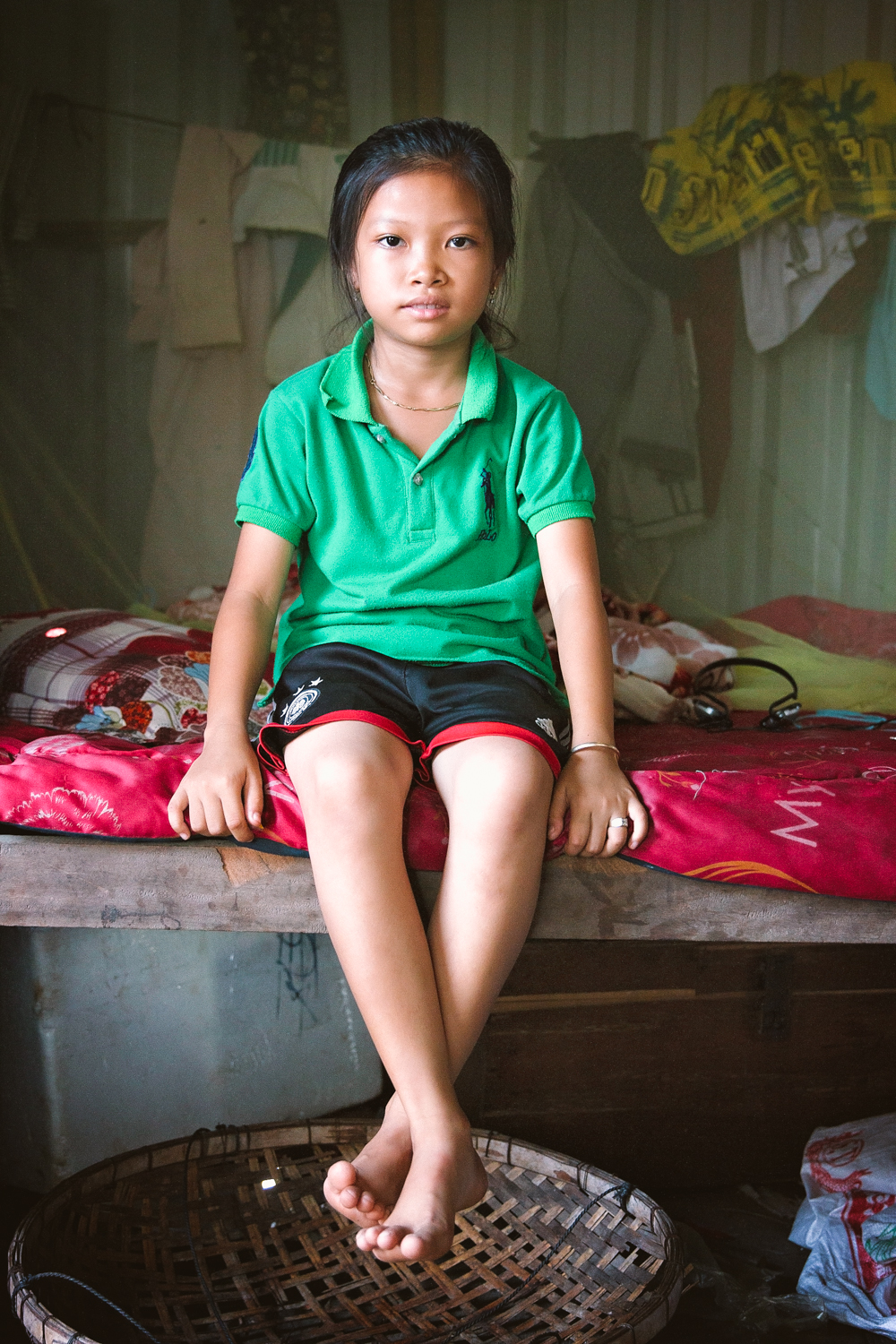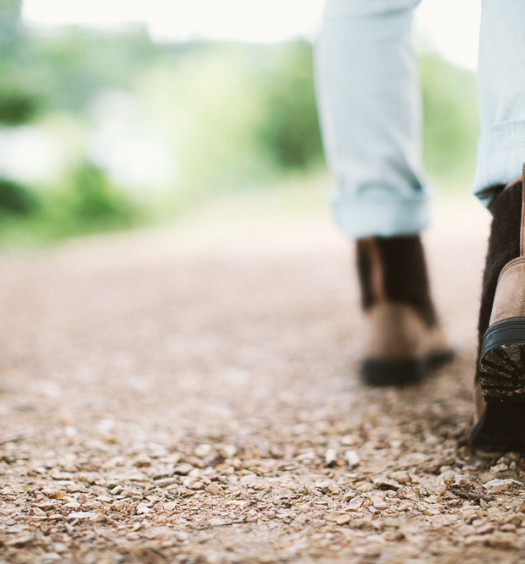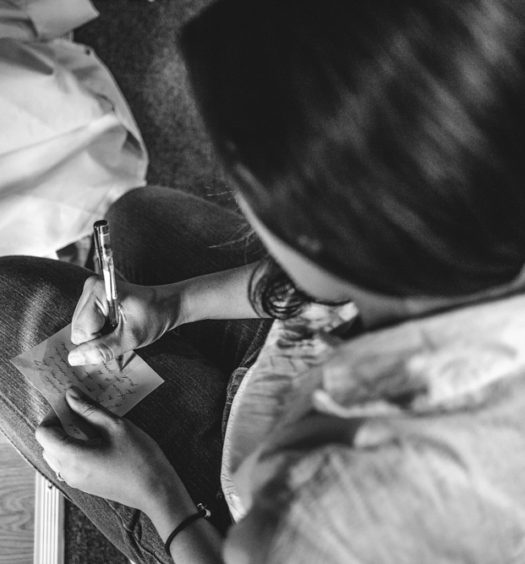Creating Hope for a New Future: Educating Cambodia’s Poorest Children
Along the Tonle Sap River in Cambodia lies the rural fishing village of Prek Pneu where small, wooden boats drape the channel in a wave of colorful hues. Bamboo poles bridge many of the floating homes to dry land while stilt huts outline the murky shoreline of this heavily populated riverbed.
Prek Pneu is one of the poorest communities in Southeast Asia where families live on less than $1.20 a day. This 21-acre village is home to one of the largest ethnic Vietnamese communities in Cambodia. The oppressive poverty makes it difficult for families to survive, especially for the ethnic Vietnamese who have been struggling for generations to find their place in Cambodia in their search for escape from marginalization and desperate poverty.
Many of the poorest children in this rural community are not in school. The circumstances contributing to the high dropout rates are alarming: families move around in search of jobs, and children are taken out of school to work. Students stay home when they cannot pay the informal fees demanded by many teachers at public schools where the quality of education is inadequate. Vietnamese children are discouraged from going to school where they sometimes face harsh discrimination and abuse.
The epidemic of Cambodia’s unschooled children means that more boys and girls become vulnerable to a life of exploitation and abuse. Without an education, these children have little hope of ever escaping poverty. Roughly 65% of the poorest children in Cambodia are not enrolled in their age appropriate grade in primary school.
The country’s broken education system is a remnant of its dark past. Cambodia was nearly destroyed in the 1970s by the Communist led Khmer Rouge Regime. The massive genocide claimed the innocent lives of over 2 million people, including the targeted murders of the country’s teachers and educated class.
Nearly 40 years later, an international non-profit called Asian Hope (www.asianhope.org) is working to empower the country’s poorest children through education through its free Catch Up Schools in villages like Prek Pneu. Teachers work with over 600 unschooled or under-schooled children to help them “catch up” to their age appropriate grade level. The children also receive nutritious food, clean drinking water, dental and medical care. Families learn about child rights, healthful nutrition and the value of education.
“In the world that you and I live in today, there are bright and capable children who are trapped in a system that withholds education and exploits their weakness. Asian Hope is breaking through this system to give these children hope and a future,” says Asian Hope President/CEO Tom Matuschka.
For 10-year-old Ly Ly, who is ethnically Vietnamese, the Prek Pneu School is the only place where she can receive an education in a safe and nurturing environment free from abuse. “I like it better than the government school,” Ly Ly says from the deck of her floating home. “Because they don’t hit me, they don’t curse at me and they don’t take my money.”
LEARN + CONNECT
Learn more about Asian Hope
Connect via Facebook, Twitter and Instagram
FROM THE EDITOR
At Conscious, we are inspired by remarkable people and organizations and so we set out to tell stories that highlight human interests, global initiatives, innovation, community development and social impact. You can read more stories like this when you subscribe.




